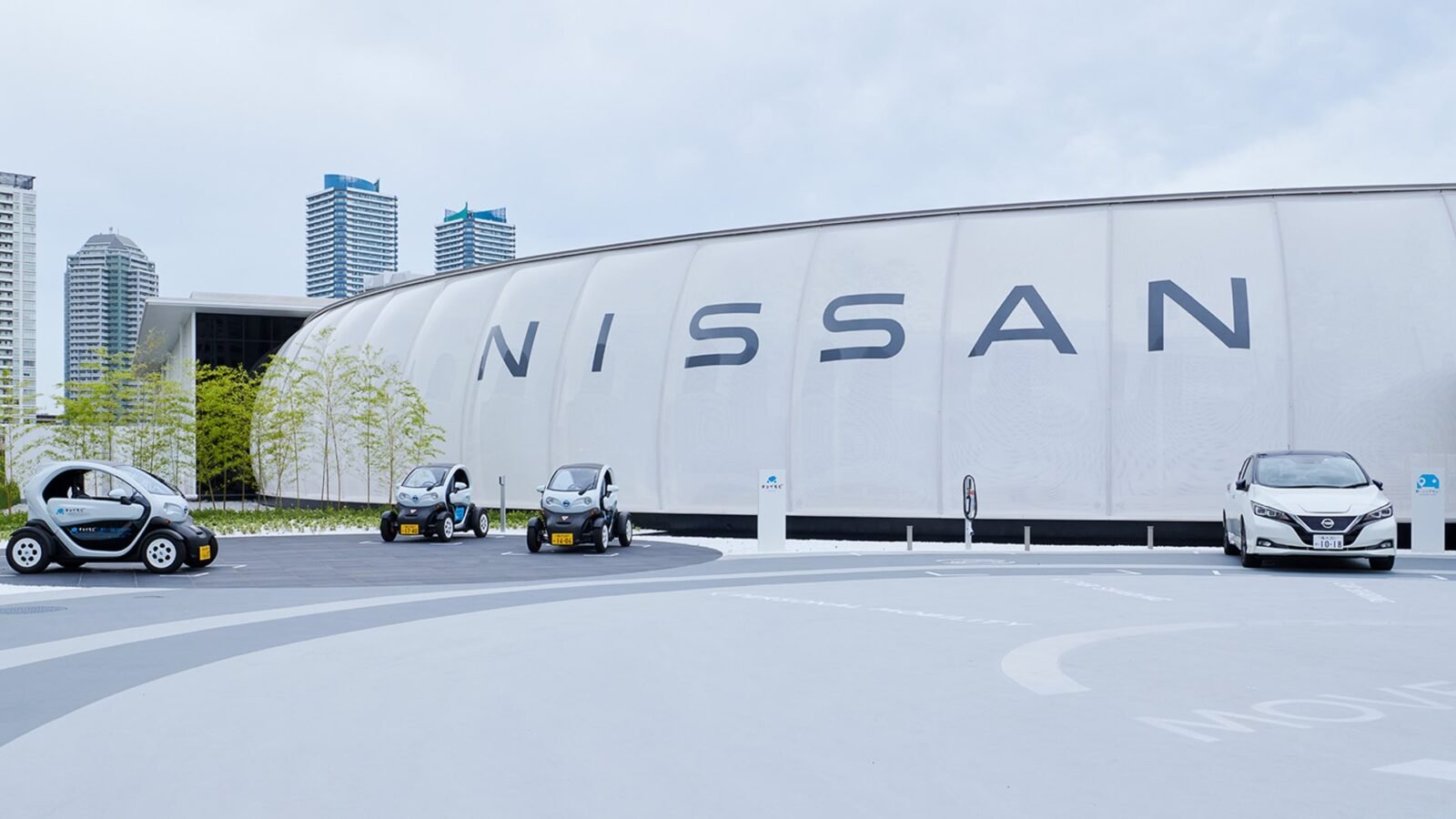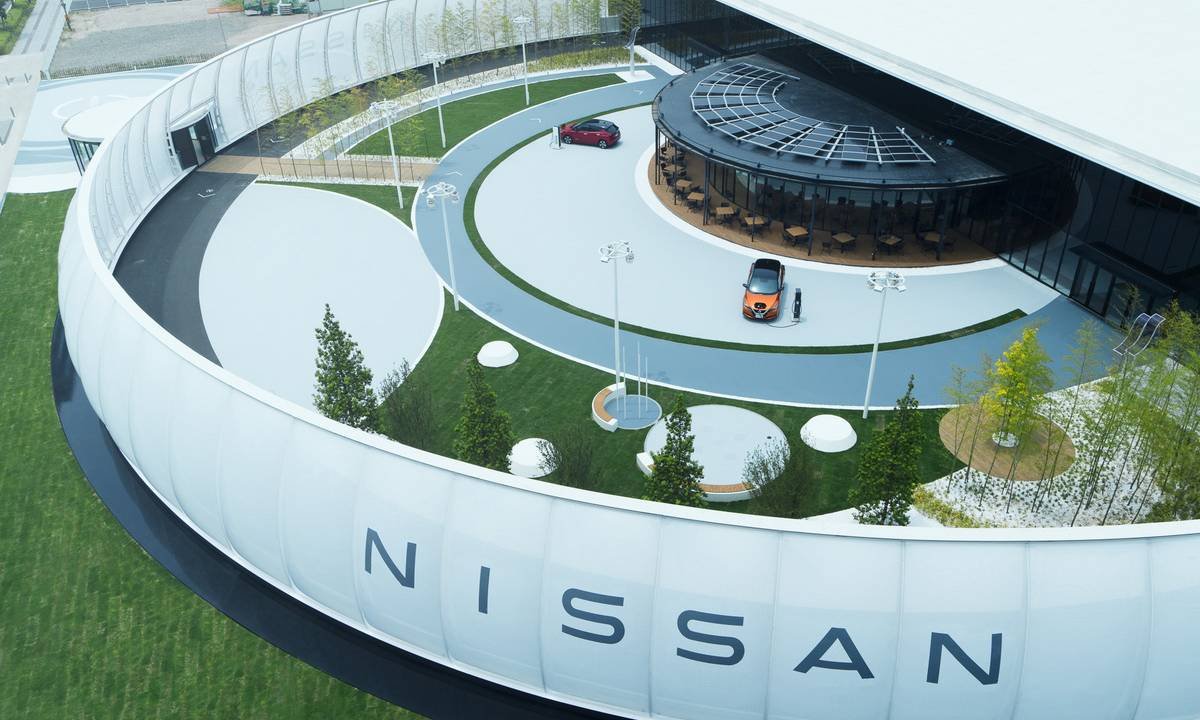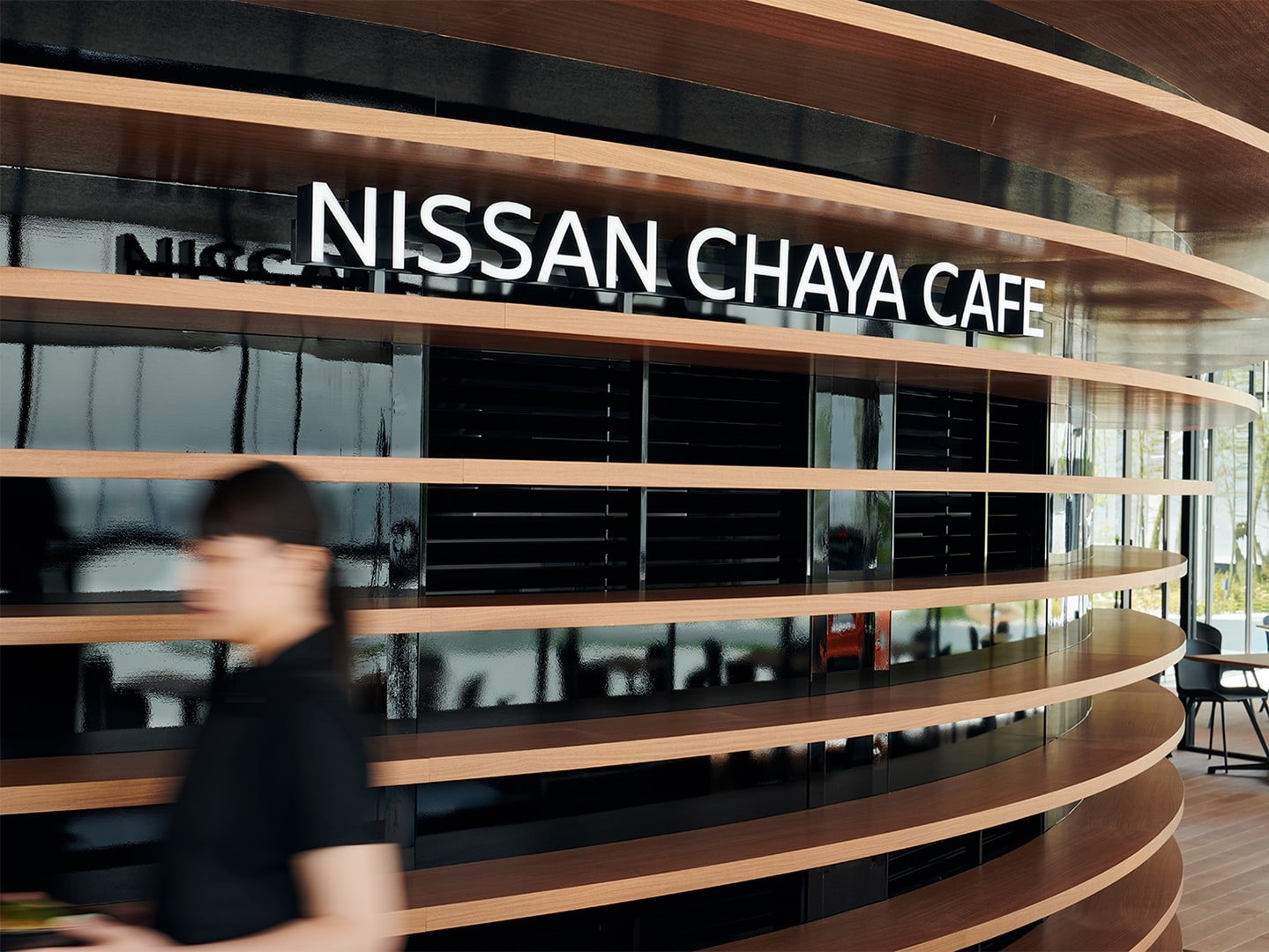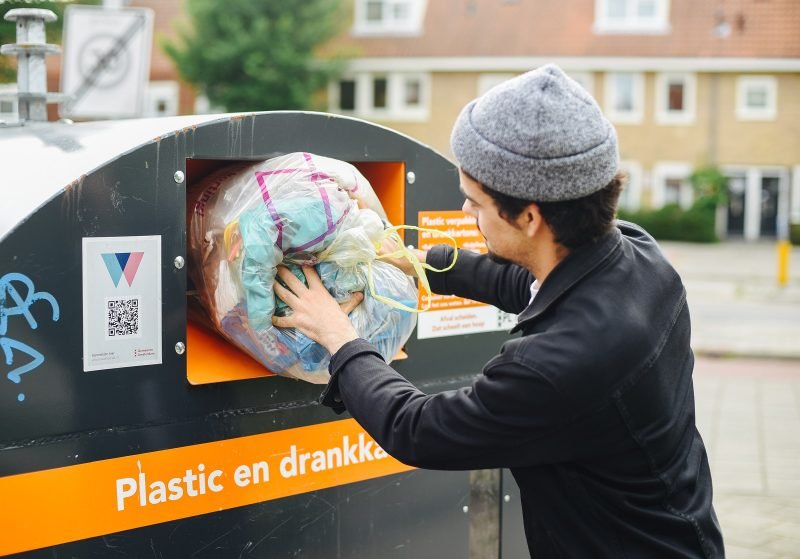Pay for Parking With Electricity Generated by Your Car

At the new Nissan Pavilion in Yokohama, electric car drivers will be able to pay for parking with electricity from their vehicles.
In 2010, Nissan introduced the world’s first mass-market electric vehicle (EV) known as the Nissan LEAF. Since then, the company has been a leader in the EV industry, and the 10,000 square-meter, zero-emission Nissan Pavilion exhibition space in Yokohama is its newest project aimed at promoting the use of EVs.

Opened in August 2020 and available to the public for two months, the Pavilion is described to be an interactive exhibition and entertainment facility located near Nissan’s headquarters in Yokohama. Built to show how Nissan is pushing to create a better world, the space offers visitors an opportunity to experience the future of mobility through different activities and services, many of which strive to demonstrate how Nissan’s technologies allow electricity from EV batteries to be stored, shared, and repurposed.


Visitors with electric vehicles, for instance, can pay for their parking at the Pavilion with electricity from their cars, while the off-grid cafe inside the exhibition space runs entirely on reusable energy sourced from a combination of stored EV electricity and solar panels covering the building. At the Pavilion’s theatre, children and adults can also play a virtual tennis match with Grand Slam champion and Nissan brand ambassador Naomi Osaka — an experience that utilizes the company’s Invisible-to-Visible (I2V) technology to illustrate the future of electric mobility, where the real and virtual worlds are merged through augmented reality. In an effort to increase freedom of mobility through EV technologies, Nissan has also partnered with the local community to offer EV car-sharing and rental bicycle services at the Mobility Hub outside of the Pavilion.
These initiatives are all part of Nissan’s most recent four-year business transformation plan which, among other operational goals, strives to expand the company’s global presence in the EV industry. By the end of fiscal 2023, it hopes to sell more than 1 million electric vehicles, pointing to a future in which EVs are here to stay.



